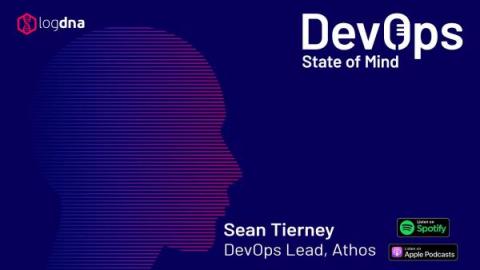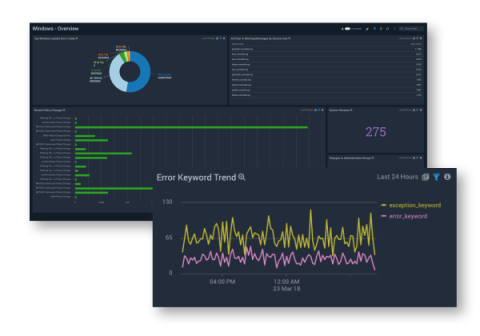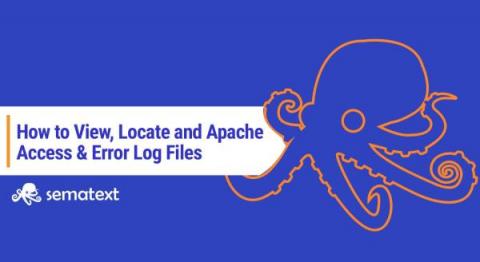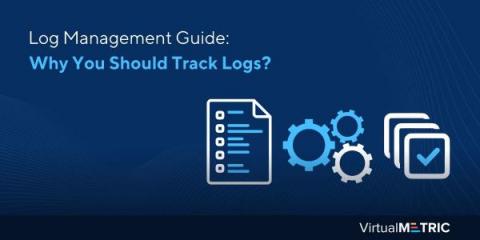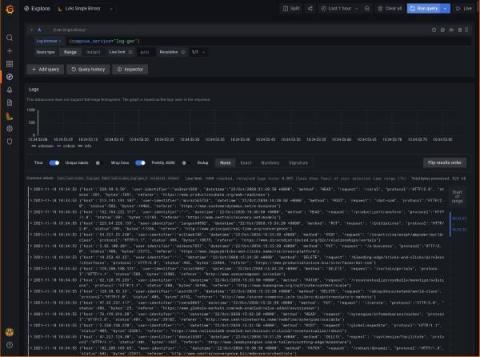DevOps State of Mind Podcast Episode 2: Giving People the Power to Participate
Sean Tierney is the DevOps lead at Athos, a company that's building better athletes through smart clothing and AI. Sean reinforces a DevOps state of mind across the organization by building empathy between hardware and software teams and putting the systems in place to allow them to move faster as a single unit.


